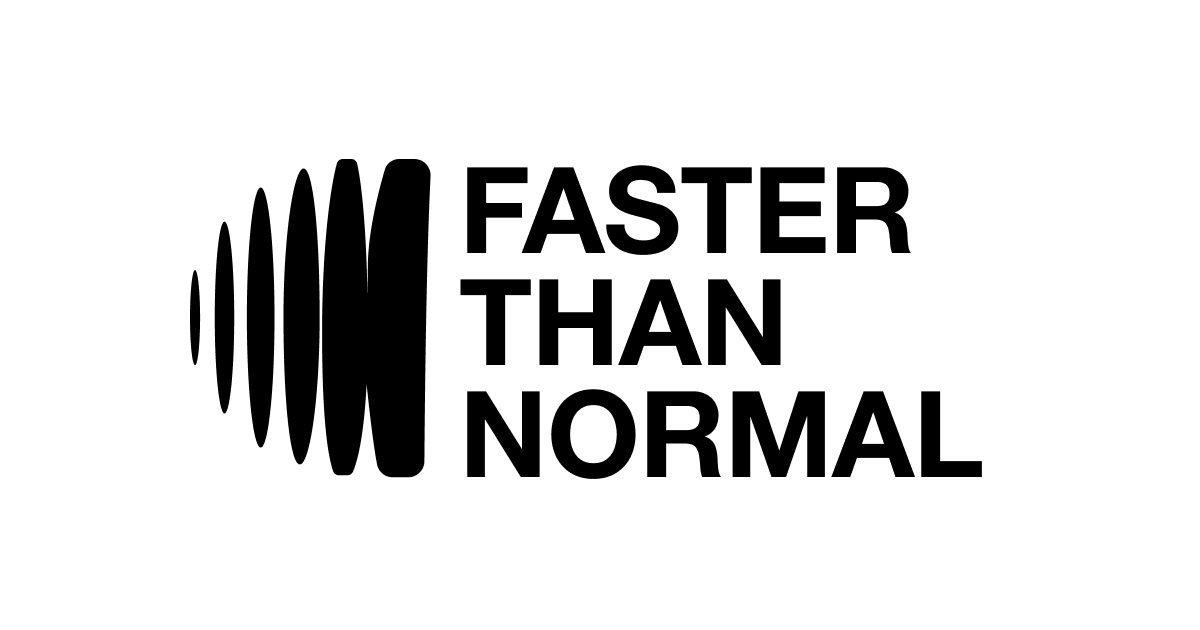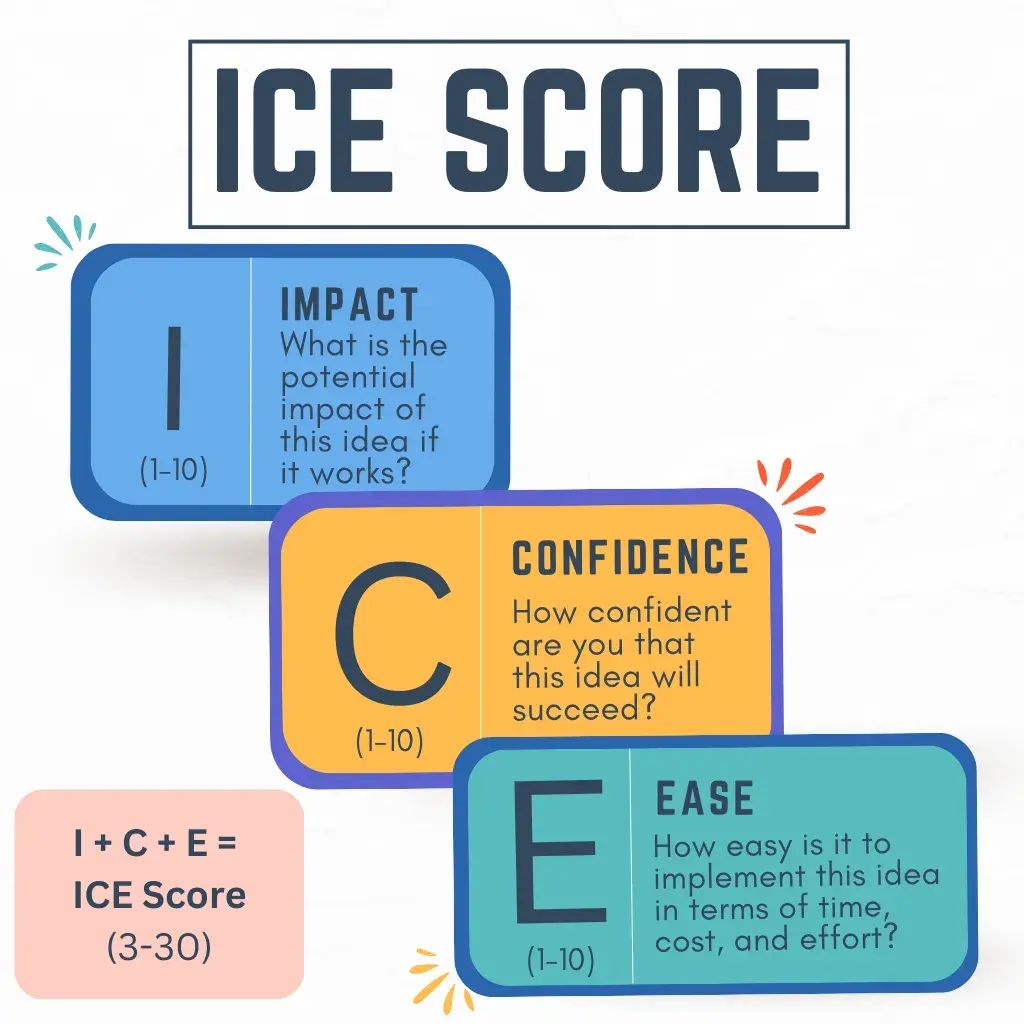September 3, 2025
•
[rtime]
mins
Samuel Zemurray, ICE Framework and Personalized Approach to Overcoming Procrastination
At a glance

This edition is brought to you by Athyna
Good morning to all new and old readers! Here is your Wednesday edition of Faster Than Normal, exploring one short story about a person, a company, a high-performance tool, a trend I’m watching closely, and curated media to help you build businesses, wealth, and the most important asset of all: yourself.
If you enjoy this, feel free to forward it along to a friend or colleague who might too. First time reading? Sign up here.
Today’s edition:
> Stories: Samuel Zemurray & DHL
> High-performance: ICE framework
> Insights: Built from failure
> Tactical: Personalised approach to overcoming procrastination
> 1 Question: Rich in purpose
Cheers,
Alex
P.S. Send me feedback on how we can improve. I respond to every email.
Stories of Excellence
Person: Samuel Zemurray
Samuel Zemurray arrived in America in 1891. Penniless. Tall. Gangly. By the time he died in 1961, he was one of the richest men in the world. His story is a quintessential American rags-to-riches tale. Zemurray started as a fruit peddler, buying ripe bananas at a discount and selling them quickly before they spoiled. He saw opportunity where others saw waste. This insight led him to build a banana empire. He eventually took control of the United Fruit Company, the largest fruit company in the world. Zemurray's life was not without controversy. He was involved in political machinations in Central America to protect his business interests. "I'm the only banana man you'll ever meet who started at the bottom and went all the way to the top," Zemurray once said. His legacy is complex, but his impact on the banana industry is undeniable.
Key Lessons from Samuel Zemurray:
On opportunity: "A man who can't believe in himself can't believe in anything else."
On real world education: "You've been to school. I've been to Poland."
On hustle: "I can be fast where others have been slow. I can hustle where others have been satisfied with the easy pickings of the trade."
Company: DHL
DHL was founded in 1969 by Adrian Dalsey, Larry Hillblom, and Robert Lynn in San Francisco. The trio started by personally flying documents from San Francisco to Honolulu, pioneering the international door-to-door express delivery industry. Their initial focus was on shipping papers for customs clearance ahead of cargo ships, significantly reducing wait times at ports. The company's name comes from the founders' initials. By 1971, DHL had expanded to the Far East and Pacific Rim. In 1972, they opened their first European office in London. DHL's rapid growth led to its acquisition by Deutsche Post in 2002 for €6.5 billion, forming the world's largest logistics company.
Key Lessons from DHL:
On solving real problems: Don't just create a business. Fix something that's broken. DHL's founders saw the inefficiency in customs clearance and acted. They didn't wait for permission or perfect conditions. They just flew the documents themselves. Immediate action.
On competition: Don't be afraid to take on giants. When DHL started, they were up against established players like FedEx and UPS. They didn't let that stop them. They found their niche and exploited it relentlessly.
Hire remote employees with confidence
Two years ago, I hired an offshore assistant , and it’s been one of the best decisions I’ve made. From marketing to customer support, it’s helped streamline work and boost productivity.
Athyna is a service that finds top remote employees in <5 days in Latam, Africa, and Sth East Asia. They cover roles in finance, creative, engineering, and product, sourcing top talent from companies like Google, AWS, Microsoft, and more.
If you’re in the market for talent, visit their website to explore options and cover all your hiring needs.
Accelerants
High-performance tool
⎯
ICE Framework
Best for short-term prioritization decisions (weeks or months).
(I): How much positive Impact could the effort have if it succeeded?
(C): What is your Confidence in this effort succeeding?
(E): How Easy (time or resources) is it to pursue the effort?

Insights
Johnny Cash on using failure as a stepping stone:
"You build on failure. You use it as a stepping stone. Close the door on the past. You don't try to forget the mistakes, but you don't dwell on it. You don't let it have any of your energy, or any of your time, or any of your space."—Johnny Cash, country singer
Tactical reads
⎯
> When creating a personalized approach to overcoming procrastination
My Algorithm for Beating Procrastination (Read it here)
> When applying behavioral psychology to combat procrastination
How We Use the Procrastination Equation (Read it here)
1 question
If I had all the money in the world, what would I do with my life?
That’s all for today, folks. As always, please give me your feedback. Which section is your favourite? What do you want to see more or less of? Other suggestions? Please let me know.
Have a wonderful rest of week, all.
Recommendation Zone
⎯
Hire remote employees with confidence
Two years ago, I hired an offshore assistant for the first time. Since then, I’ve recommended many people do the same. It’s been one of the highest leverage things I’ve done, helping with everything marketing and customer support (for The Intelligence Age) and personal matters and email management.
Athyna is a service that quickly (<5 days!) finds remote employees across 150+ countries for you or your team. They cover roles from sales and marketing to creative and product, and have worked with companies like Facebook, Zoom, Uber, Microsoft, Salesforce, and Amazon.
I’ve personally used Athyna and recommended them to my Brother, Will, who runs a fashion label, and several close friends running their own businesses. To date, they’ve all had very positive experiences.
If you’re in the market for talent, visit their website to explore options and cover all your hiring needs.


Alex Brogan
Find me on X, LinkedIn, YouTube, Instagram, TikTok
Offshore Talent: Where to find the best offshore talent. Powered by Athyna.
Why Faster Than Normal? Our mission is to be a friend to the ambitious, a mentor to the becoming, and a partner to the bold. We achieve this by sharing the stories, ideas, and frameworks of the world's most prolific people and companies—and how you can apply them to build businesses, wealth, and the most important asset of all: yourself.
Faster Than Normal is a ‘state' of being’ rather than an outcome. Outlier performance requires continuous, compounded improvement. We’re your partner on this journey.
Send us your feedback and help us continuously improve our content and achieve our mission. We want to hear from you and respond to everyone.

Interested in reaching Founders, Operators, and Investors like you? To become a Faster Than Normal partner, apply here.
.png)
.png)